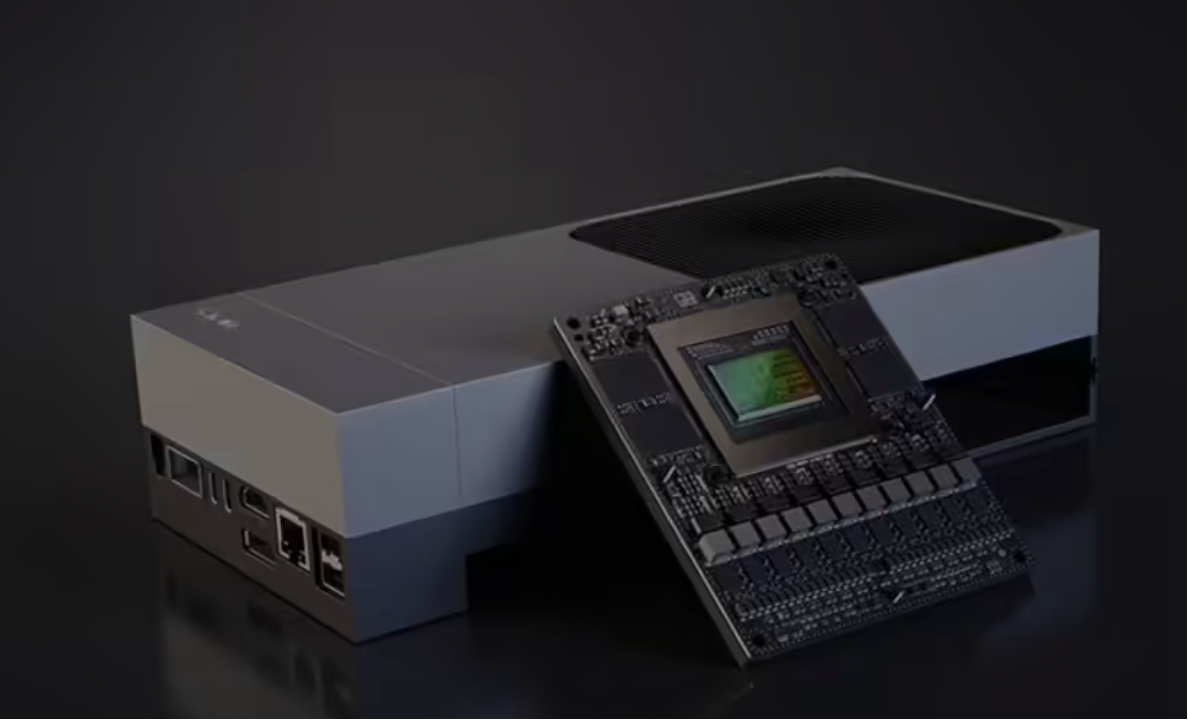On August 26th Nvidia announced the launch of Jetson Thor, a computing platform designed for robotics and physical AI, the developer kit ($3,499) and the mass production module ($2,999 per mass purchase) are now available to customers worldwide.

Based on Nvidia’s latest Blackwell Architecture, Jetson Thor integrates 2,560 CUDA cores with 96 fifth-generation Tensor cores, supports FP4 sparse computing format, and has an AI capacity of 2,070 TFLOPS, it is 7.5 times more efficient than Jetson AGX Orin, and 3.5 times more efficient than the former flagship product. With 273GB memory bandwidth and a 14-core Arm Neoverse-V3AE CPU, it can be flexibly configured between 40W and 130W for full-scene deployment from industrial Arm to high dynamic android.
Jetson Thor is the first to implement real-time reasoning of large-scale generative AI models on the edge, supporting mainstream language models such as Llama, Gemini, Qwen, as well as visual language action model (VLA-RRB- and visual language modVLM(VLM) . Using Nvidia Holoscan sensor bridge technology and four 25 GBE high-speed network interfaces, the platform can simultaneously process multi-modal sensor data such as LIDAR, camera, microphone, etc. with a delay of less than 10 milliseconds, for real-time decision-making in Android complex environments.
In addition, Jetson Thor deeply integrates the Isaac robot platform with the GR00T base model, providing a full stack toolchain from training to deployment. Developers can use ISAAC SIM simulation platform for digital twinning training, and then use JetPack 7SDK to seamlessly deploy the model to edge devices, “Cloud-edge-end” integration development process.
Deepu Talla, Nvidia’s vice president of Robotics and Edge Computing, said at the launch: “Jetson series AI performance has improved 7,000-fold over the past decade, and the birth of Jetson Thor will revolutionise robotics development.” More than 500 companies around the world have participated in early testing, covering manufacturing, logistics, medical, agricultural and other fields. (Aoyama)